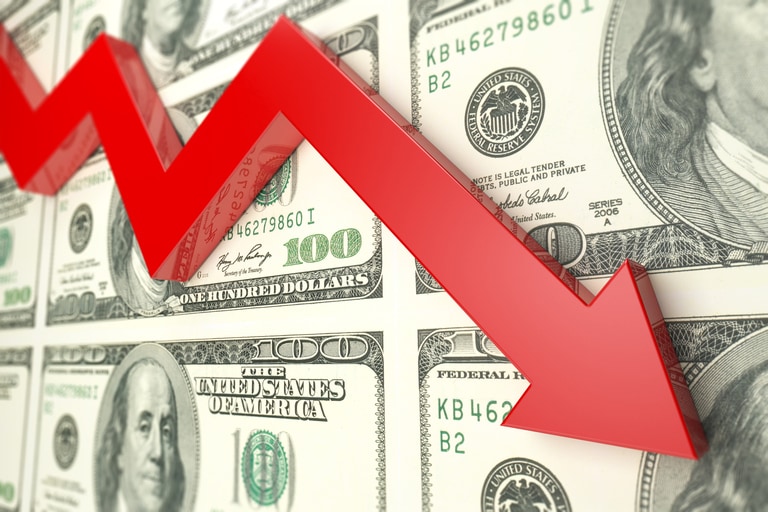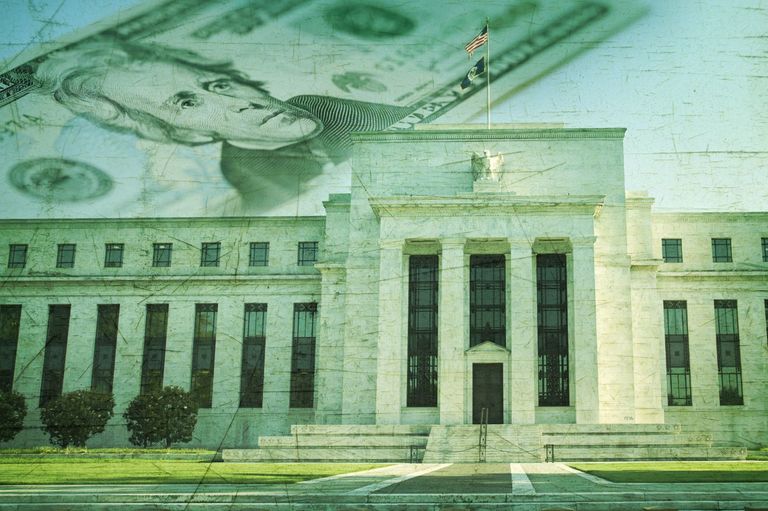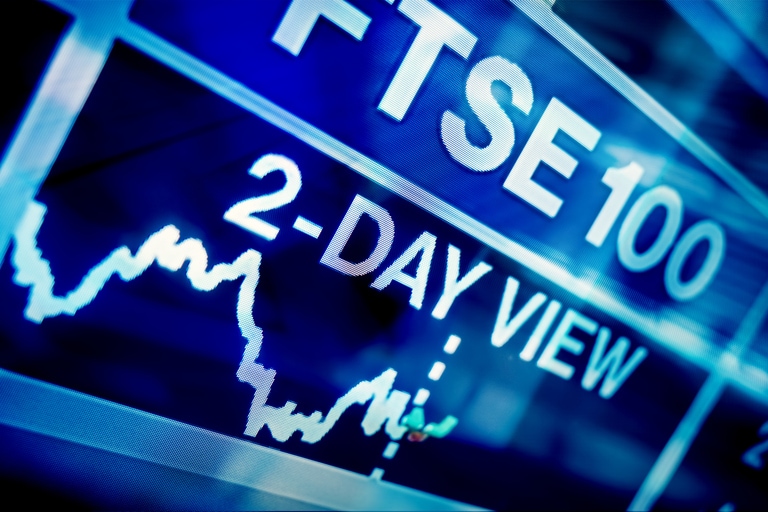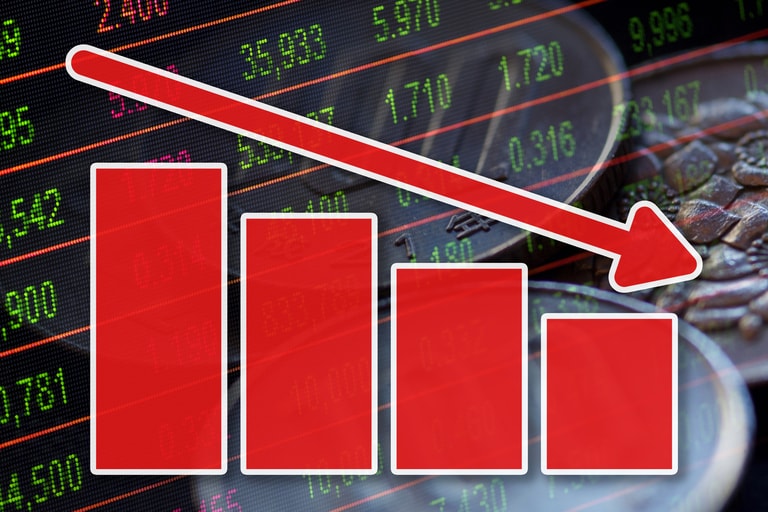Last week US markets showed the first signs of cracks in the veneer of confidence that has been the hallmark of most of the rebound we’ve seen so far this year, as they finished the week lower on the back of setbacks in the US-China trade story.
It was a more positive picture for markets in Europe, which managed to close the week higher, helped in no small part by the German DAX, as a result of the US deferral of auto tariffs and the FTSE 100 which got a boost from higher oil prices, and a weaker pound.
The reason for last week’s stock market ups and downs was down mostly to a significant shift in tone over the direction of US- China trade talks, a shift that hasn’t been a positive one. From cautious optimism at the beginning of the month, China appears to have had second thoughts on some aspects of the negotiations with the US, with the result that the US now appears to be digging in for a much more protracted battle.
The decision to effectively block Huawei, the Chinese telecoms giant, out of US markets, appears to have put paid to the prospect of any further progress on talks between now and a possible meeting between Presidents Trump and Xi at next month’s G20, at the end of June.
This change of tone from the US around the China talks also probably explains last week’s decision to defer by six months the imposition of tariffs on EU and Japanese imported cars, as well as the news that the US have agreed with Canada and Mexico to remove all tariffs on aluminium and steel, in a move that is likely to bring forward the replacement of NAFTA, with the signing of USMCA.
With the US also upping the stakes with Iran, it would appear that the decision to defer escalations against the EU and Japan is the US administration's way of circling the wagons and focusing on, what is for now, future relations with China, and the rising tension in the Arabian Gulf.
Markets in Asia have had a broadly positive session, with the Australian dollar and stock market rising sharply after a surprise win by the incumbent conservative coalition government in the Federal election over the weekend. All the polling had pointed to a Labour party win but they fell short, as voters opted for the status quo. The Nikkei 225 also had a good day after the latest Japanese GDP numbers showed the economy unexpectedly expanded by 0.5% in Q1, against an expectation of a contraction of -0.1%. Chinese markets on the other hand have come under pressure on the back of the temporary breakdown in US-China trade talks.
European markets look set to open slightly higher in the wake of this mixed Asia session, in a week of some important continent-wide elections. The European elections take place between 23 and 26 May, when it's widely expected that Eurosceptic parties could make big gains across the whole of Europe, though the cause of populist parties saw a big setback in Austria as chancellor Sebastien Kurz called new elections after his coalition partners, the right-wing Freedom Party, were embroiled in a corruption scandal.
The pound had an awful week, coming under renewed pressure partly as a result of the long-anticipated confirmation that the Brexit talks between the government and the Labour Party hadn’t gone anywhere. The surge in the polls of the newly-formed Brexit Party has also spooked markets, as it gains support from both the Conservative and Labour Party, with the Conservatives seeing the most damage to their polling numbers.
As it becomes clearer that prime minister Theresa May’s premiership is in its final death throes, attention is shifting to a number of different outcomes, including but not confined to, who her successor is likely to be, the collapse of the government, a new election and the prospect of a possible minority Labour Government. It's this last point more than anything that investors appear to be most concerned about, given the leaking of Labour’s plans for the nationalisation of the UK’s energy network at the end of last week.
EUR/USD – the recent lows at 1.1110 remain the main obstacle to a move towards the 1.1000 area. The bias remains for a lower euro while below 1.1270, while we also have resistance at the 1.1230 area.
GBP/USD – has fallen below the February lows at 1.2765 and could well fall all the way back towards the lows this year at 1.2430. We need a move back through 1.2860/70 to stabilise and argue for a move back towards 1.2960.
EUR/GBP – 10 days of gains has seen us push above 0.8720 and could see a move towards 0.8800 and the 200-day MA. Below 0.8720 argues for a move back to 0.8670.
USD/JPY – has continued to edge towards the 110.30 level where we have cloud resistance. A move through 110.40 argues for a move towards the 111.00 area. While below 110.30 the risk is for further declines towards the 108.00 area.
Disclaimer: CMC Markets is an execution-only service provider. The material (whether or not it states any opinions) is for general information purposes only, and does not take into account your personal circumstances or objectives. Nothing in this material is (or should be considered to be) financial, investment or other advice on which reliance should be placed. No opinion given in the material constitutes a recommendation by CMC Markets or the author that any particular investment, security, transaction or investment strategy is suitable for any specific person. The material has not been prepared in accordance with legal requirements designed to promote the independence of investment research. Although we are not specifically prevented from dealing before providing this material, we do not seek to take advantage of the material prior to its dissemination.







